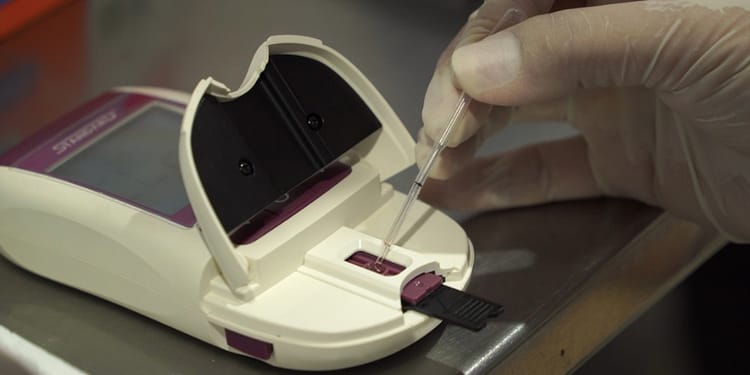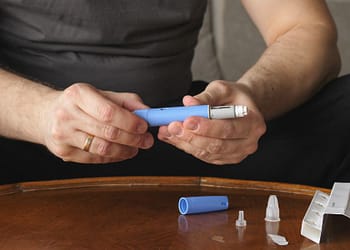- Cough, Mucus, and Respiratory Health: A Complete Guide - August 18, 2025
- Flogoprofen: what it's used for and how to take it - June 21, 2025
- What is Movicol oral solution in sachet used for and how to take it? - June 18, 2025
The World Health Organization (WHO) has prequalified the first diagnostic test to detect G6PD deficiency. This advance will allow the administration of treatments against malaria by Plasmodium vivax more safely.
On December 18, 2024, the WHO announced this historic achievement that will help prevent malaria relapses P. vivax, a disease that causes 500,000 deaths annually.
Innovation in diagnosis
The new test detects glucose-6-phosphate dehydrogenase (G6PD) deficiency, a genetic condition that affects more than 500 million people worldwide.
Treatments to prevent relapses of P. vivax, such as tafenoquine and primaquine, can cause hemolysis in people with this condition. Lack of proper diagnosis has limited their safe use.
Faster and more accessible processes
WHO has synchronized two key processes: the development of recommendations on essential health products and the prequalification of diagnostic tools.
Both processes, although independent, are now harmonized to reduce the time needed to distribute vital products. This approach seeks to ensure that low- and lower-middle-income countries have rapid access to essential health solutions.
Global impact of malaria by P. vivax
Malaria by P. vivax It is endemic in several regions except Europe. In 2023, 9.2 million clinical cases were reported. Outside sub-Saharan Africa, this parasite is the most dominant.
Dr. Daniel Ngamije Madandi, Director of the Global Malaria Programme, stressed that this test can stop the transmission of the disease. P. vivaxReducing relapses is key to controlling the disease.
Portable and precise technology
The STANDARD G6PD System test, developed by SD Biosensor, Inc., is semi-quantitative and easy to use in any setting.
This tool allows the measurement of G6PD enzyme activity in capillary or venous blood. Thanks to its portable design, results are available in just a few minutes, even outside the laboratory.
The Dr Yukiko Nakatani, WHO Deputy Director-General, stressed the importance of this tool for countries with high malaria rates. He said it will facilitate the safe and effective treatment of patients.
Dr. Nakatani also encouraged more manufacturers to develop diagnostic tests to expand the options available in countries that need them most.
This breakthrough promises to strengthen the global response to malaria by ensuring safe and effective treatments for the most vulnerable patients.






